Search for Balkan wartime missing "must be depoliticized"
Monday, 08.10.2018.
15:41
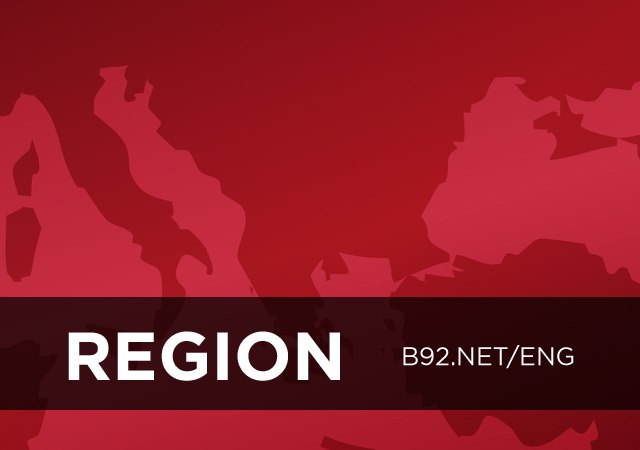
Search for Balkan wartime missing "must be depoliticized"
The search for the remaining missing persons from the wars in the former Yugoslavia is still being hindered by politics, a BIRN conference on regional cooperation and post-conflict justice was told.“The problem with the search for the missing is the same as the problem with the processing of war crimes - the entire process is politicised,” Bosnian lawyer Vlado Adamovic on Thursday said on the second day of BIRN's regional conference in Sarajevo entitled ‘After the ICTY: Regional Cooperation, Accountability, Truth and Justice in the Former Yugoslavia’.
War victims’ associations must act together and put pressure on politicians to open up their countries’ military archives to reveal information about where missing persons might be buried, Adamovic told the conference during Thursday’s opening panel discussion on missing persons.
Semina Alekic of the Regional Coordination of Families of Missing Persons said there were still 12,000 missing persons from the wars in the region and that her group’s mission was to put pressure on domestic and international organisations to accelerate the search and the process of exhumation and identification.
“Everybody says we have the right to truth, but it is difficult to achieve it. They often tell us: ‘Leave the war alone, it ended a long time ago’, but we point to the fact that consequences of the war are painful and long-lasting,” Alekic said.
Veran Matic, the Serbian president’s recently-appointed envoy on missing persons issues, drew applause from the audience, which included war victims from Srebrenica, when he said he was sorry that people of his nation committed crimes.
Matic argued that it is necessary to treat each missing individual in the same manner and to make a unified list of missing persons and the locations of graves across the region.
“It is very important for us to have coherent information, as well as a regional exchange of information,” Matic said.
Stjepan Sucic, head of the Croatian government’s Administration for Missing and Imprisoned Persons, said that there were still around 1,900 missing Croatian citizens from the 1990s war, including both Croats and Serbs.
“I’m not going to highlight who belongs to which ethnicity – these are citizens of the Republic of Croatia,” Sucic said. “We are here to serve the families.”
Matthew Holliday, the head of the Western Balkans Programme of the International Commission on Missing Persons, told the conference that the issue of regional cooperation was of key importance for discovering the locations of mass graves.
Holliday argued that a lot of progress has been made in the search for the missing.
“The process of searching for the missing persons in the Balkans has been extremely successful, given that the identity of around 70 per cent of the missing has been determined,” he said.
However, he said that it could not be described as a complete success “as long as we are searching for a single person”.
Speaking at Thursday’s second panel discussion on wartime archives, Hrvoje Klasic, a history professor at Zagreb University, said that problems persist because the countries in the former Yugoslav region are still not doing enough to confront the past.
“What we need is for criminals and victims to be treated equally in Banja Luka, Sarajevo, Sisak and Belgrade,” Klasic said.
At the moment, he argued, “there are only ‘our victims’ and ‘their criminals’”.
Nikola Puharic from the Youth Initiative for Human Rights in Croatia told a third panel discussion on narratives from war crimes trials that young people in the region do not socialise with members of other ethnicities, which hinders reconciliation.
“Often parents are much more of a problem then youth, but young people will suffer because of this,” Puharic said.










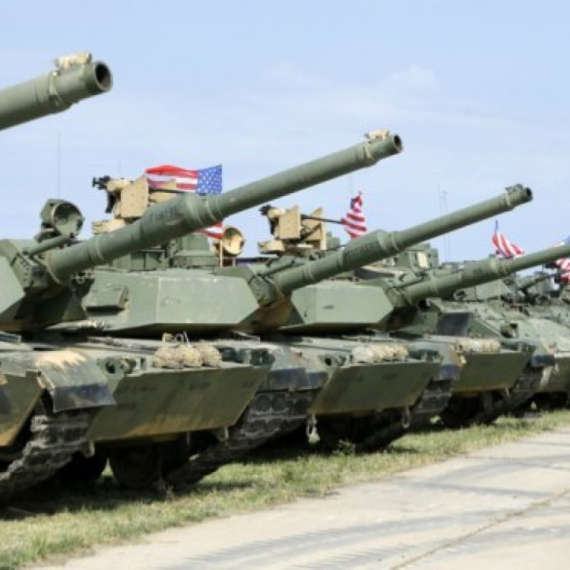

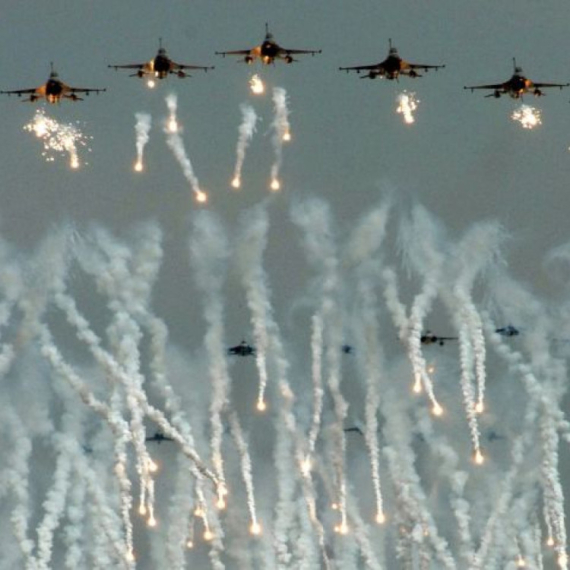

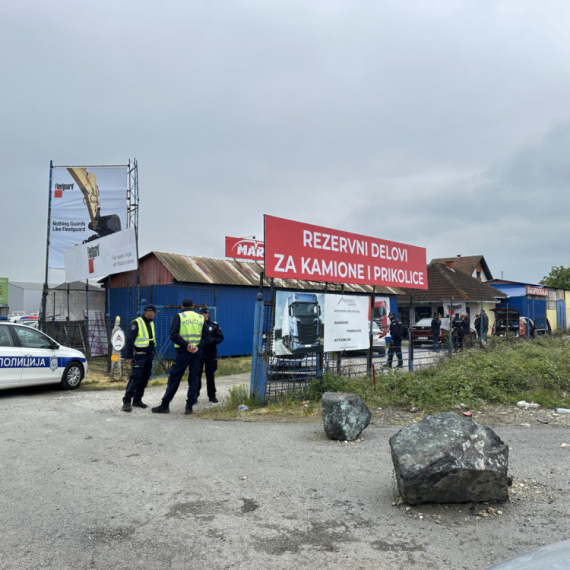




















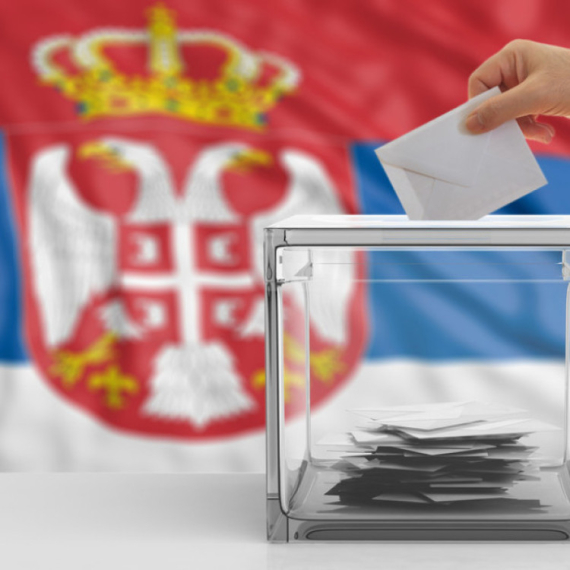
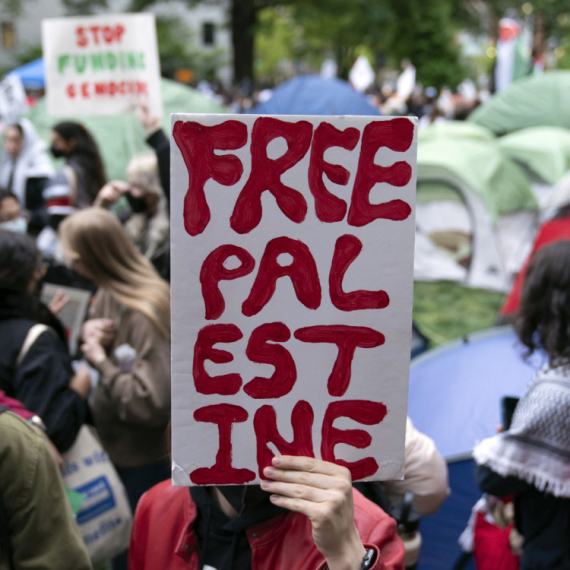













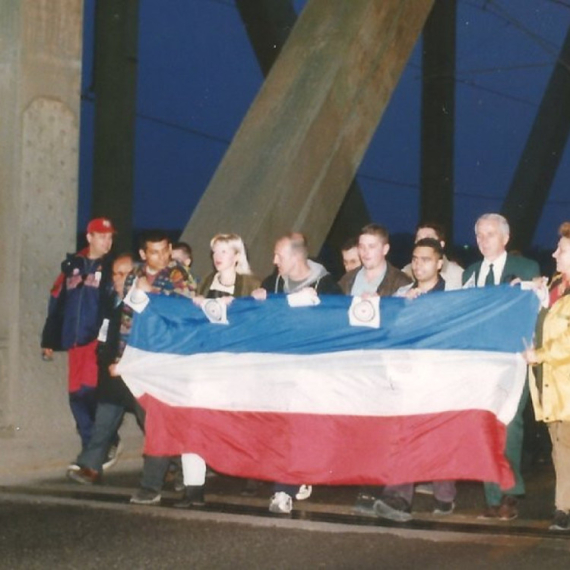





Komentari 0